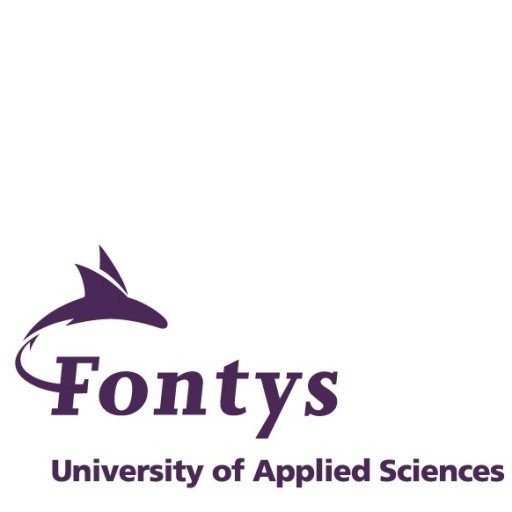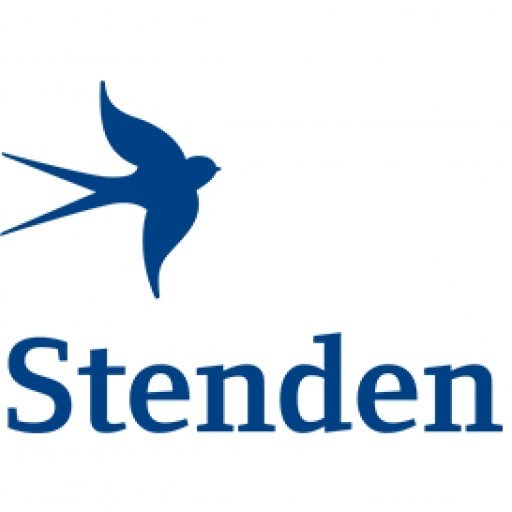Photos of university / #dekunstvanhku
The Bachelor of Music Management program at HKU University of the Arts Utrecht offers an in-depth exploration into the dynamic world of the music industry, equipping students with the essential skills and knowledge to succeed in various managerial and entrepreneurial roles within the sector. Designed for individuals passionate about music and interested in the business side of this vibrant industry, the program combines theoretical insights with practical application, ensuring graduates are well-prepared for the multifaceted challenges of today's music landscape.
Throughout the course, students acquire a comprehensive understanding of music marketing, artist management, concert promotion, and copyright law. They explore the intricacies of music production, distribution, and digital media, learning how to develop effective strategies that adapt to the rapidly changing technological environment. Emphasis is placed on developing entrepreneurial skills, leadership qualities, and innovative thinking, enabling students to initiate and manage their own projects or contribute effectively to established organizations.
The program encourages active engagement with the industry through internships, live project work, and collaborations with professionals, providing invaluable hands-on experience. Students have opportunities to build their networks by participating in industry events, workshops, and seminars tailored to the latest trends and challenges in music management. The curriculum also fosters skills in communication, negotiation, and project management, which are essential for success in the competitive world of music business.
HKU's strong industry connections and its reputation for combining academic excellence with practical training create an inspiring learning environment. Graduates of the Music Management program are prepared to pursue careers such as music managers, concert organizers, digital marketing specialists, or entrepreneurs in the creative industries. They emerge with a global perspective, a professional mindset, and a passion for music, ready to influence and shape the future of the industry with innovation and integrity.
The Bachelor's program in Music Management at HKU University of the Arts Utrecht offers a comprehensive education designed to prepare students for dynamic careers in the music industry. This programme combines theoretical knowledge with practical skills, enabling future professionals to manage, market, and develop musical projects across various sectors. Students will explore key areas such as artist management, concert organization, music marketing, digital media strategies, and copyright law, equipping them to navigate the complexities of the modern music landscape effectively. The curriculum emphasizes entrepreneurial thinking, innovation, and strategic planning, fostering the ability to create sustainable careers and support emerging and established artists alike. Throughout the course, students engage in project-based learning, working on real-world assignments, internships, and collaborative projects with industry partners, which provide valuable insights and professional connections. The programme also encourages critical reflection on ethical issues within the industry, diversity, and the cultural impact of music. By the end of the programme, graduates will possess a versatile skill set that includes project management, communication, and business acumen, making them well-suited for roles such as artist manager, festival organizer, record label executive, or music marketing specialist. The vibrant, creative environment at HKU Utrecht, combined with its strong ties to the industry, ensures students are well-prepared to contribute meaningfully to the evolving world of music management.
Other requirements
The Music Management program at HKU University of the Arts Utrecht offers various financing options to support students throughout their studies. Tuition fees are set by the Dutch government and may vary depending on the student's nationality and residency status. For EU/EEA students, the tuition fee is typically around €2,200 per year, while non-EU/EEA students may pay higher fees, approximately €9,100 annually. These fees are subject to change annually and students are advised to consult the official HKU website for the most current information.
Students can explore a range of funding options, including government-granted student loans such as the Dutch Studiefinanciering system, which provides financial support to eligible students. These loans are designed to cover tuition fees and living expenses and are repayable after graduation. International students from outside the EU/EEA are often encouraged to seek scholarships or grants available through their home countries, international organizations, or private foundations. HKU also offers its own scholarships based on merit or need; specific details and eligibility criteria are published on their official channels.
In addition to scholarships and loans, students are responsible for covering their living costs, which include accommodation, food, transportation, books, and personal expenses. Utrecht is considered a relatively affordable city compared to other major European cultural hubs, but expenses can still vary widely depending on personal lifestyle choices. Many students offset costs through part-time employment; Dutch work regulations allow students to work up to 16 hours per week during the academic year, providing an opportunity to earn supplemental income while studying.
Financial planning is essential, and prospective students should consider opening a local bank account early in their studies and create a detailed budget. The university provides financial advice and guidance through student services to assist in planning and applying for financial aid. Additional funding sources such as Erasmus+ grants are available for students participating in exchange programs, which can help reduce costs during mobility periods.
Overall, financing a Music Management degree involves combining personal savings, possible government or institutional support, and effective financial planning to ensure that students can successfully complete their studies without undue financial hardship.
Music Management at HKU University of the Arts Utrecht offers students a comprehensive education in the dynamic field of music industry and arts management. The program equips students with the essential skills and knowledge to excel in various roles within the music sector, including artist management, concert promotion, event organization, record label management, and music marketing. Students gain a solid understanding of the business side of music, including contract negotiation, licensing, digital distribution, and copyright law. The curriculum combines theoretical coursework with practical experiences, such as internships and project-based assignments, enabling students to develop their professional network and gain firsthand industry insights. The program emphasizes the importance of entrepreneurship, innovation, and strategic thinking in the rapidly changing music landscape. Students are also encouraged to explore new trends in music technology, digital media, and social media marketing to stay ahead in the competitive industry. The faculty includes experienced professionals from the music business, providing students with mentorship and industry connections. Additionally, the program offers opportunities for international exchanges, collaborations with music festivals, and participation in industry workshops and seminars. Graduates of the program are well-prepared for diverse careers in music management and are equipped with the entrepreneurial mindset needed to succeed as music entrepreneurs or managers. The program's location in Utrecht, a vibrant cultural city, provides a stimulating environment for creative exploration and professional development. HKU's strong industry ties and focus on practical skills make it an excellent choice for aspiring music managers seeking a multidimensional education tailored to the modern music industry.








